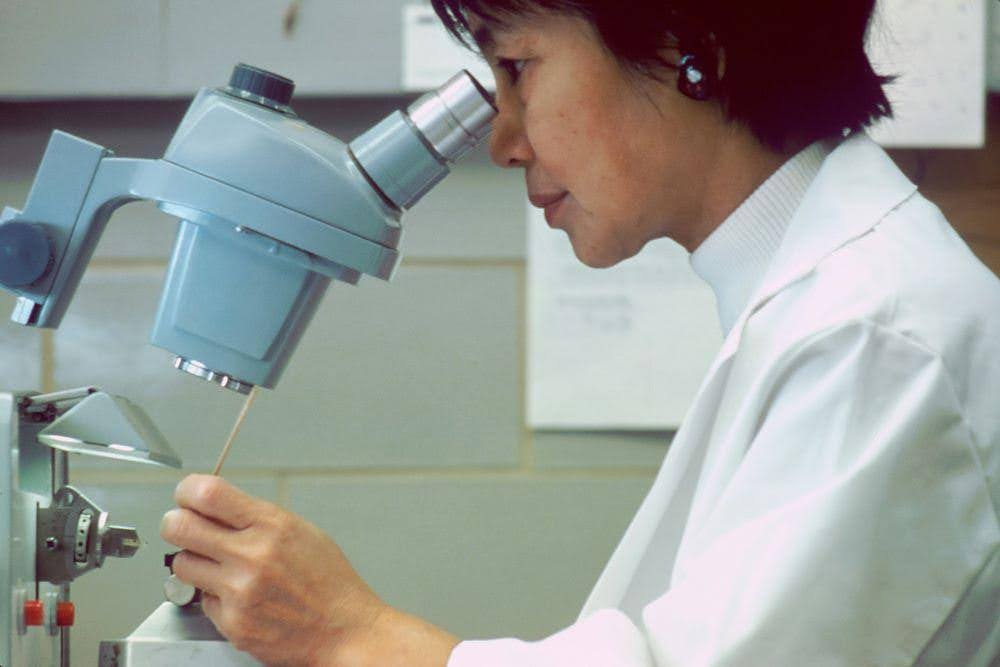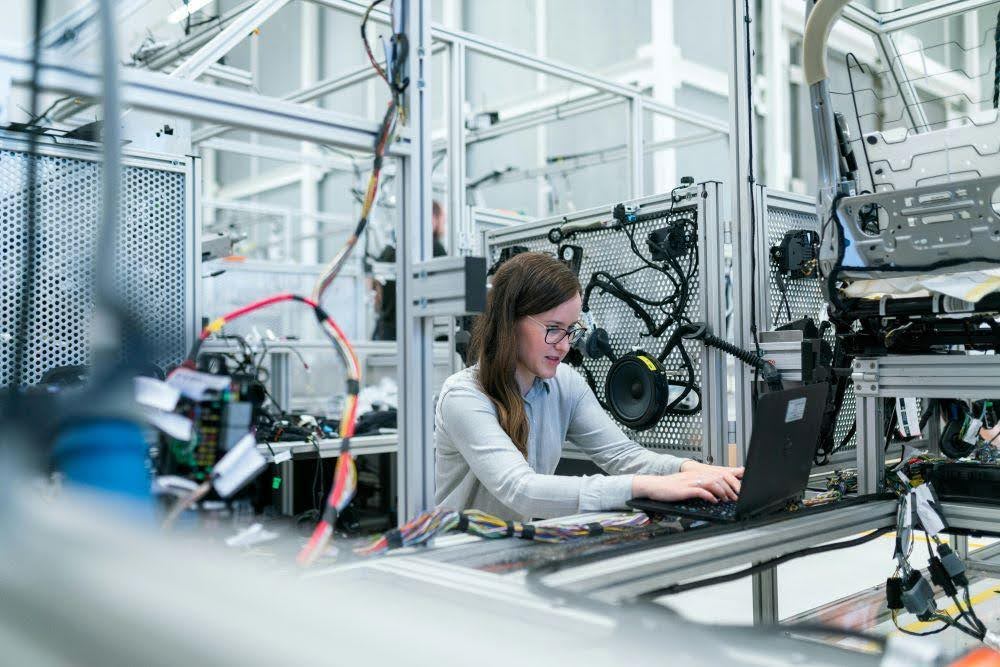
Women and girls constitute nearly half of Asia’s population. Yet this numerical parity does not necessarily equate to equal rights, representation, or power, particularly in the fields of Science, Technology, Engineering, and Mathematics (STEM).
According to data from the World Economic Forum (WEF)’s Global Gender Gap Report 2023, women fill just 29% of entry-level positions and 12.4% of C-suite roles in STEM fields. Close to home, a study by United Women Singapore (UWS) has found that only about 45% of female students in Singapore enroll in a STEM degree.
This underrepresentation of women in STEM can be attributed to several factors. These include a lack of role models, access to professional networks, pervasive societal biases, and a lower return on education investment compared to their male counterparts.
One way that changemakers are improving gender diversity in STEM fields is through philanthropic giving. Through their contributions, donors can directly enhance women’s access to programmes and mentorship, and contribute to the development of supportive infrastructure that creates opportunities to attract and retain more women in STEM disciplines beyond the classroom.
The NUS for Women initiative is an example of one such philanthropic initiative committed to the empowerment of women in STEM and shines a light on the various ways donors can support students, faculty, and staff within the University’s STEM departments.
How Does NUS for Women Empower Women in STEM?
1. Financial Contributions
One of the most direct ways the NUS for Women initiative supports women in STEM fields is through financial aid for education. As the Organisation for Economic Co-operation and Development reports, only 5% of philanthropic funds focused on gender equality went to education between 2013-2015, compared to government & civil society (10%) and health & reproductive health (73%).
Though the STEM landscape has progressed since then with regard to gender equality, women account for only 28 per cent of engineering graduates and 40 per cent of computer science graduates globally, reports an article published by United Nations. Philanthropic giving is one way to tackle gender-based inequalities, by funnelling funding and resources directly to female researchers, scientists, and academics.
The journey of NUS alumna Dr Chong Yoke Sin (Science ’78) exemplifies the transformative potential of such philanthropic efforts. Despite growing up in a family facing financial hardships, Dr Chong was able to pursue an education in STEM with the support of study grants, which paved the way for her successful career in the tech industry. Eventually, she also became a managing partner at a leading venture capital firm, illustrating the potential for such financial contributions to do more than improve diversity and representation but also empower women by enhancing their social mobility in Singapore.
Today, Dr Chong pays it forward by regularly contributing to her alma mater. Taking her commitment a step further, she also established the STEM Inspire Bursary, which supports female NUS students in pursuing STEM programmes, alongside others like the Freda Paul Bursary, which was bequeathed by the late Dr Freda Paul to support financially needy female students at the Yong Loo Lin School of Medicine.
2. Mentorship and Volunteering
Besides making financial contributions, Dr Chong also takes time to mentor young fellows under her wing. Having a mentor, particularly one who is also a woman, can be transformative for young women starting out in STEM fields.
Mentorship programmes provide women with the chance to network and hone their technical and leadership skills under the guidance of industry practitioners, opening doors to better opportunities after graduation. Meanwhile, these programmes can even go further to connect women with other female role models, who can inspire them to pursue their aspirations with confidence and resilience.
An example is Professor Liu Bin. Prof Liu was recognised as one of the 12 outstanding women worldwide by the International Union of Pure and Applied Chemistry (IUPAC), an achievement she attributed to the comfort and strength she derived from others. Prof Liu now contributes by helping to foster a mentoring culture within the institution to empower and support the development of her female peers in STEM.
Another inspiring example is Dr Yeo Li Hsia (Physics, ’13), whose career trajectory has been profoundly influenced by mentorship and support. Encouraged by her partner and advisor, Dr Mihály Horányi, to apply to the NASA Postdoctoral Programme fellowship, Dr Yeo seized the opportunity, which eventually led her to a position at NASA. Today, Dr Yeo interacts and collaborates with many women scientists daily, and observing many women in leadership roles further fuels her optimism for the future of women in science.
Understanding that mentorship can be a significant commitment, NUS Giving also provides other ways for donors to contribute to advancing women in STEM. For instance, through the NUS for Women initiative, donors can participate in programmes designed to ignite and nurture pre-university girls’ interest in STEM. Through this, donors can play a foundational role in empowering women in STEM by encouraging more to join the field and creating a more inclusive, diverse environment.
3. Driving Supportive Practices
In addition to direct involvement through mentorship and financial contributions, donors can equally make an impact by helping to create a more conducive working environment for women in STEM. This includes promoting inclusive practices and policies that encourage the participation and advancement of women in these fields.
A prime example of such efforts is exemplified by the experiences of Mrs Tracey Casari, a trustee of the Wings Charitable Trust. Mrs Casari's career in the traditionally male-dominated trust industry was supported by her general manager at that time, who gave her the opportunity to develop her skills and expertise in the field, allowing her to ascend the career ladder after that. By providing similar opportunities and fostering an inclusive culture in one’s capacity, anyone can help break down barriers and empower more women to succeed in their professional roles.
Create a More Equitable Future for Women in STEM

There is certainly much to be done in the journey towards building a more equitable and diverse scientific community. However, with the support of philanthropic contributions made through initiatives like the NUS for Women initiative, significant progress can be made in reducing the major barriers holding women back from reaching for the stars and beyond. Every gift, regardless of size, not only uplifts individuals such as Dr Chong and Dr Yeo but also catalyses transformative changes across the broader landscape of STEM to empower ladies aspiring to join these fields.
Keen to make a difference for women in STEM through philanthropic giving? Explore ways you can contribute to shaping this brighter, more inclusive future today via giving to the NUS for Women initiative.






